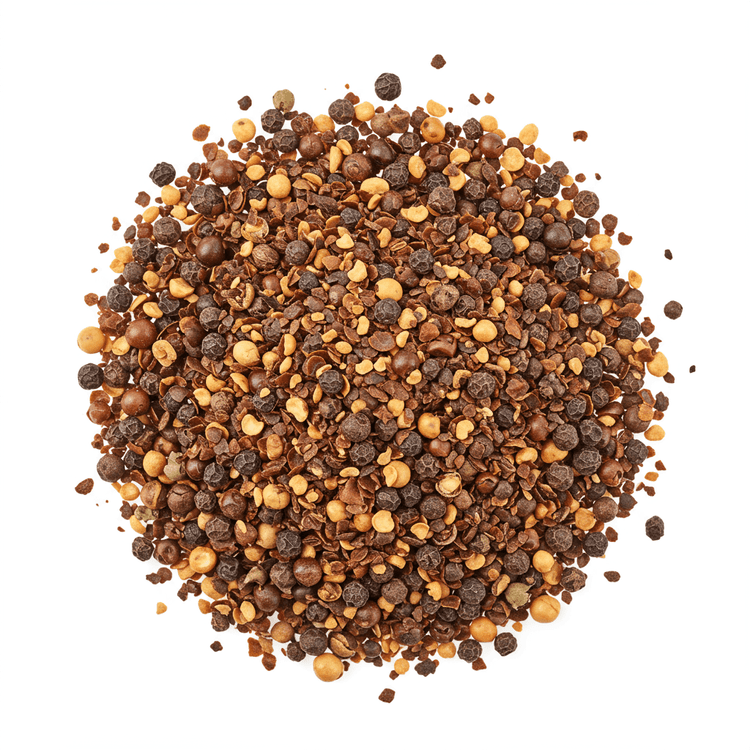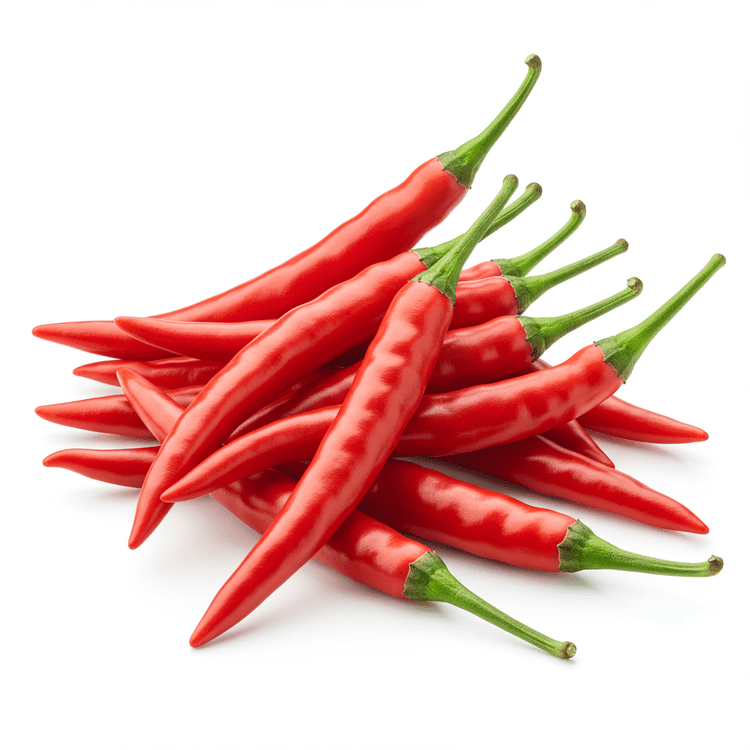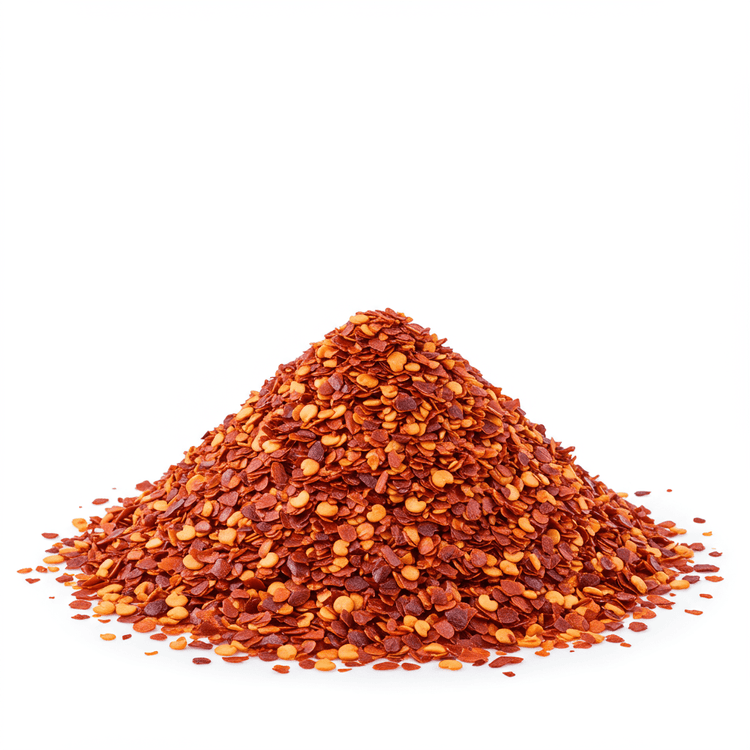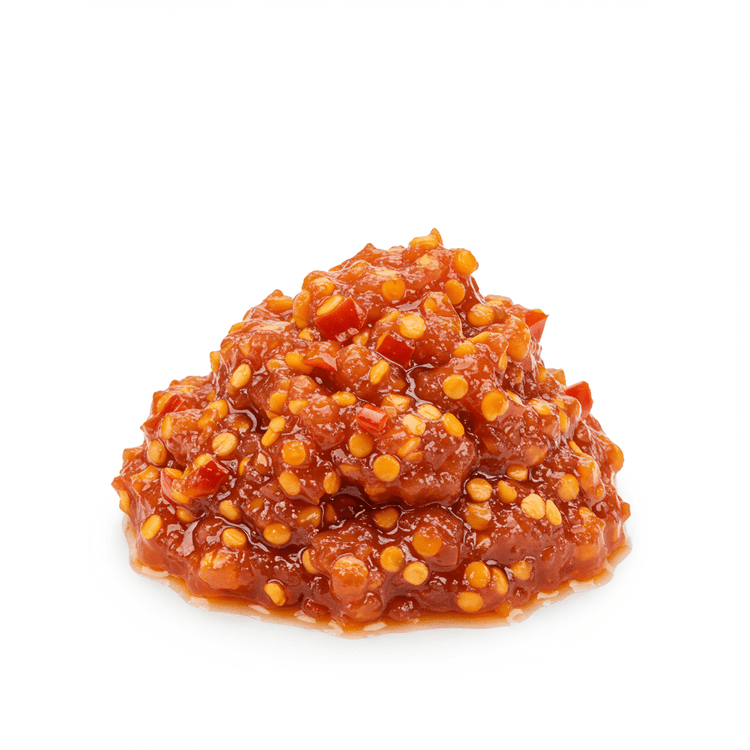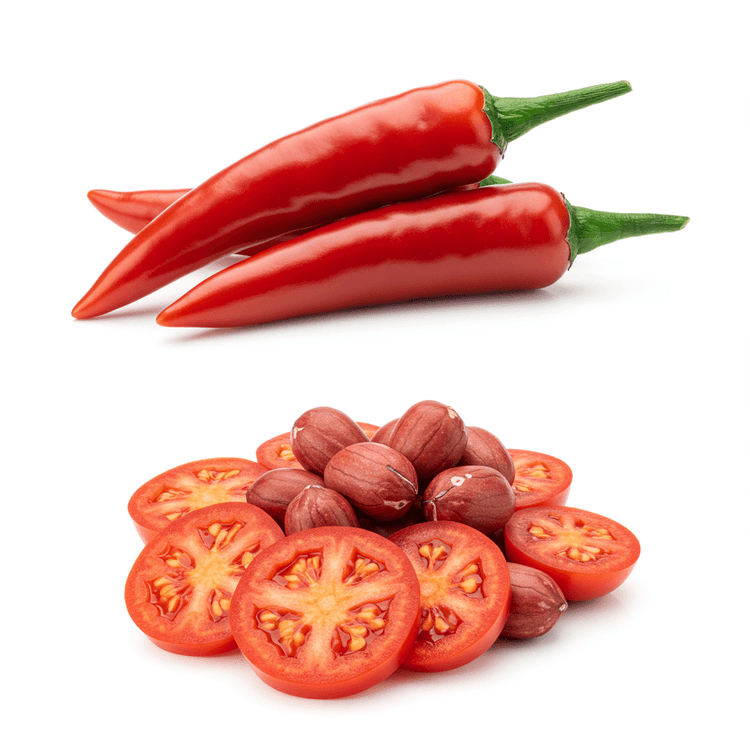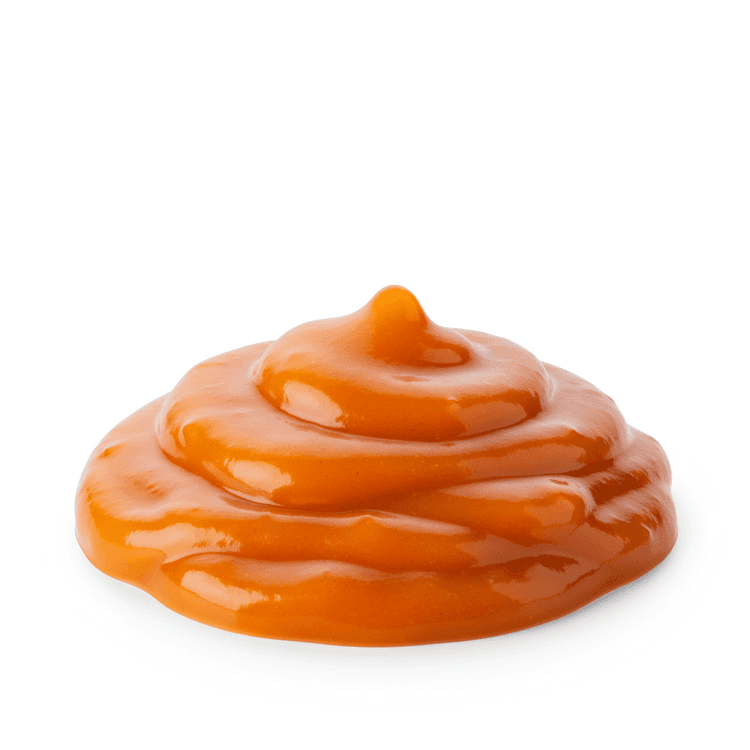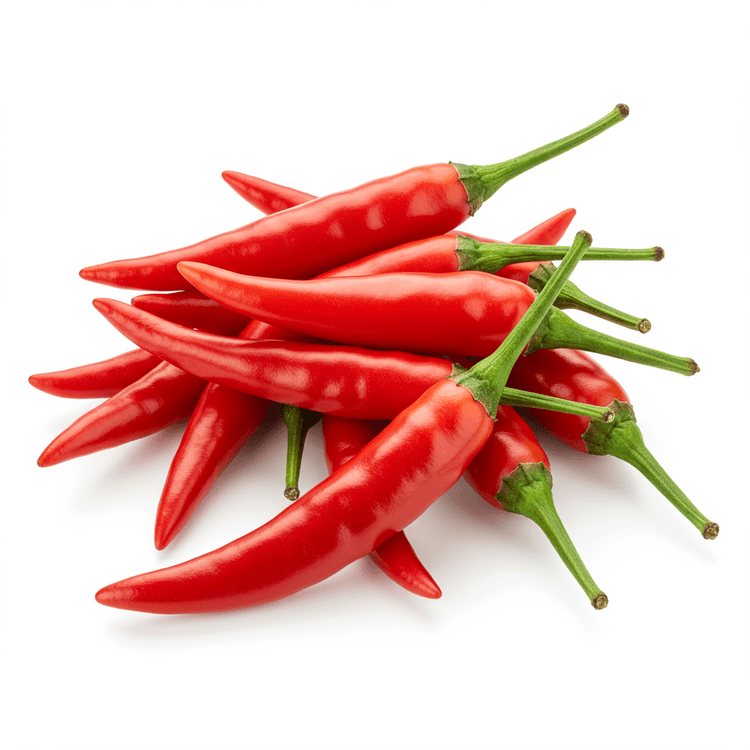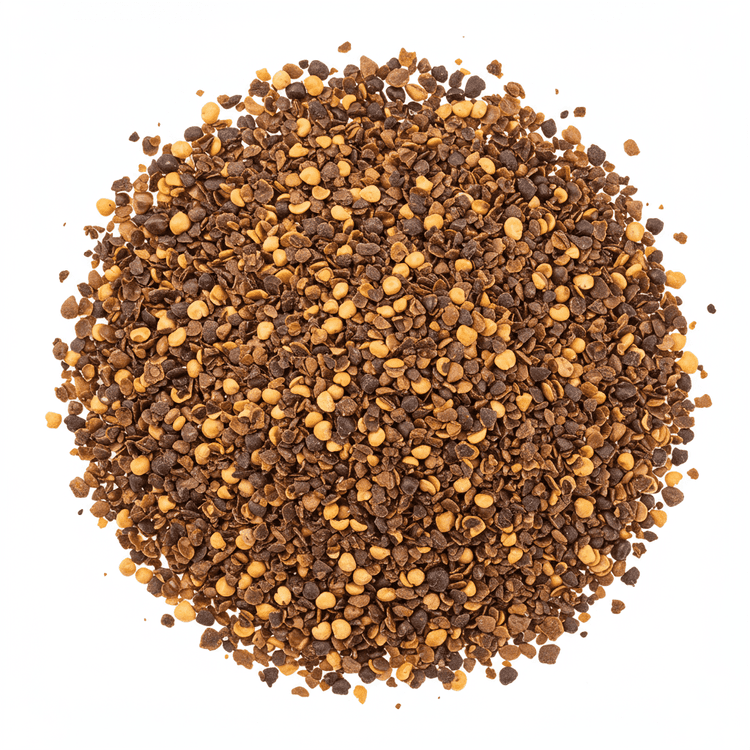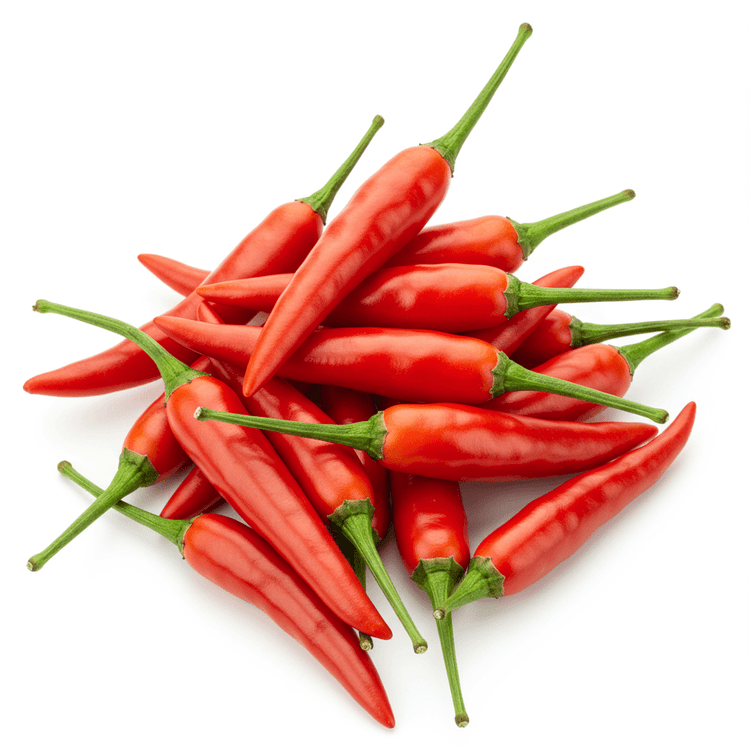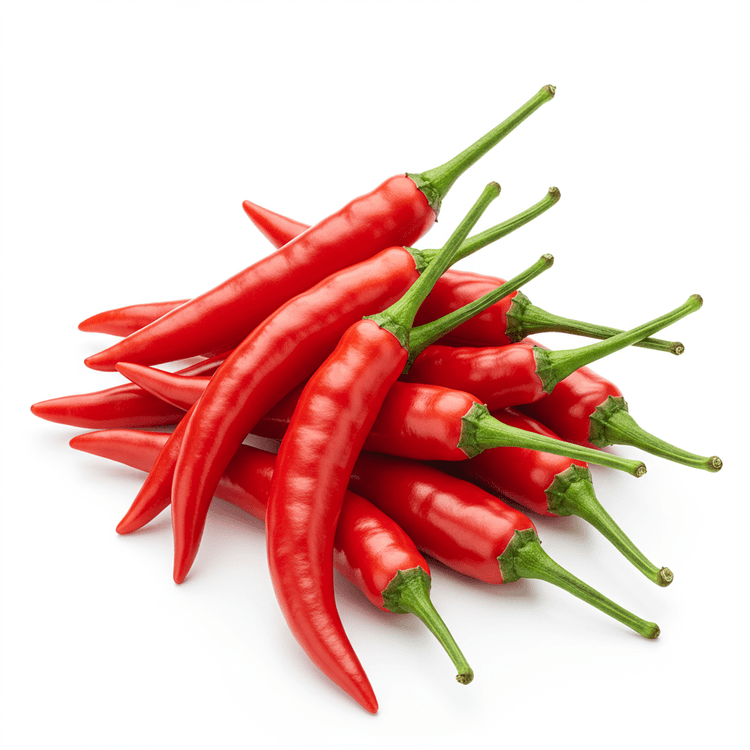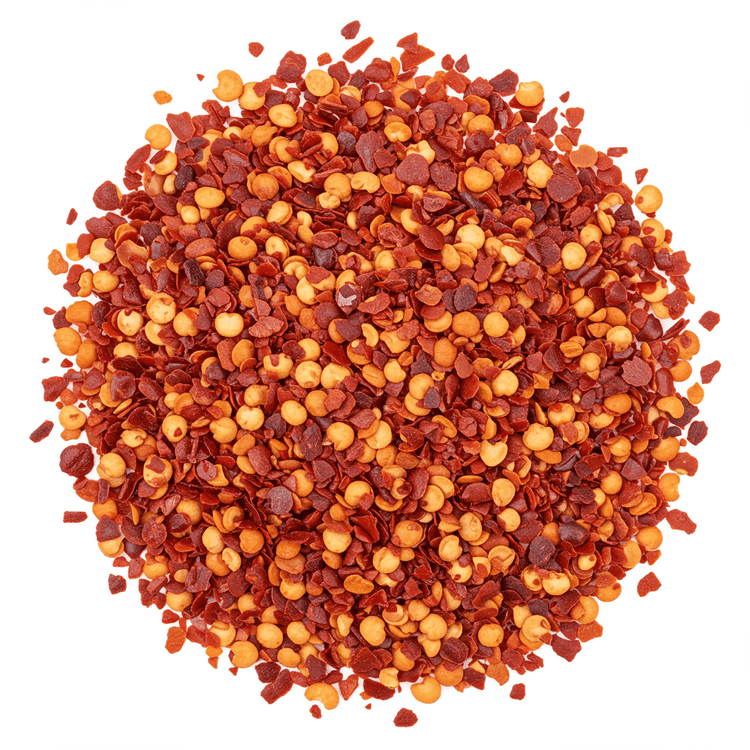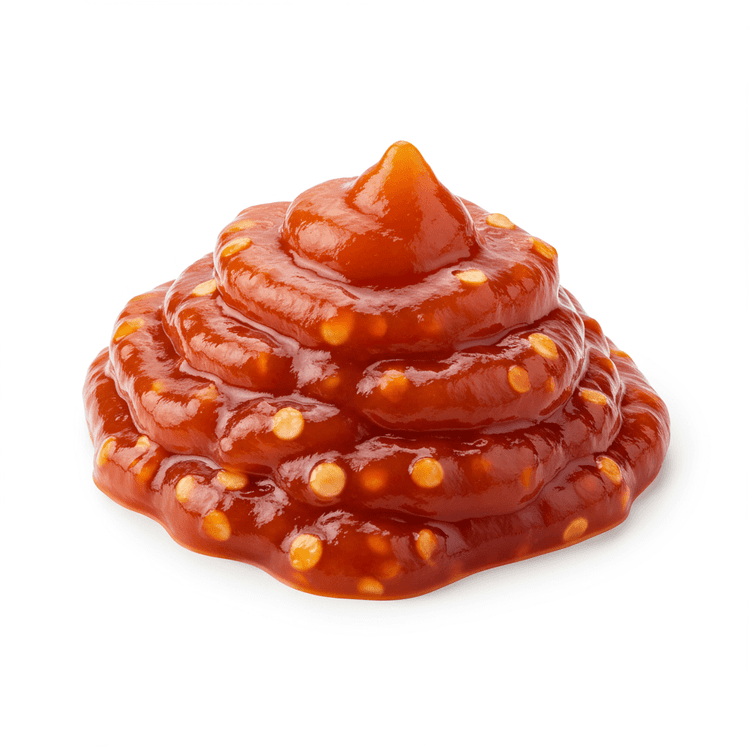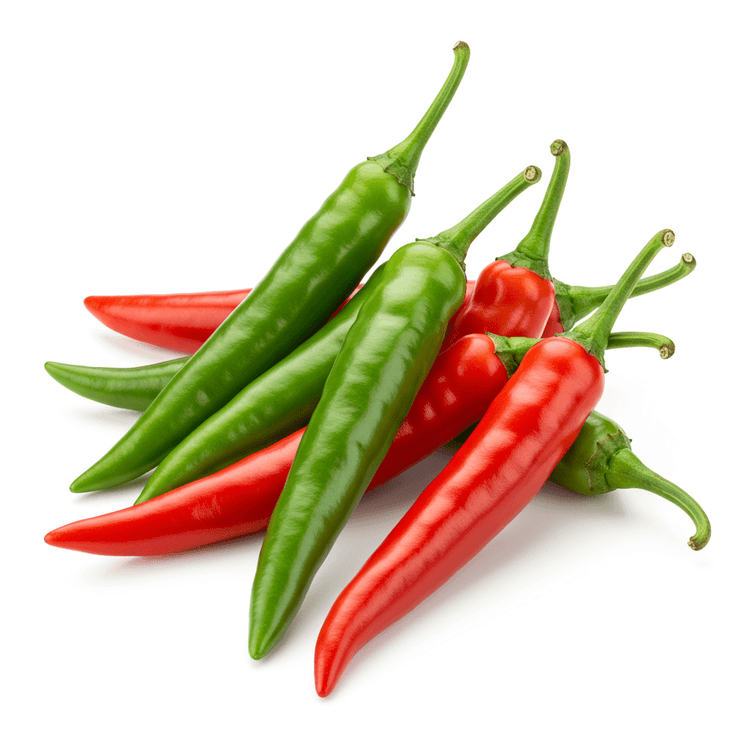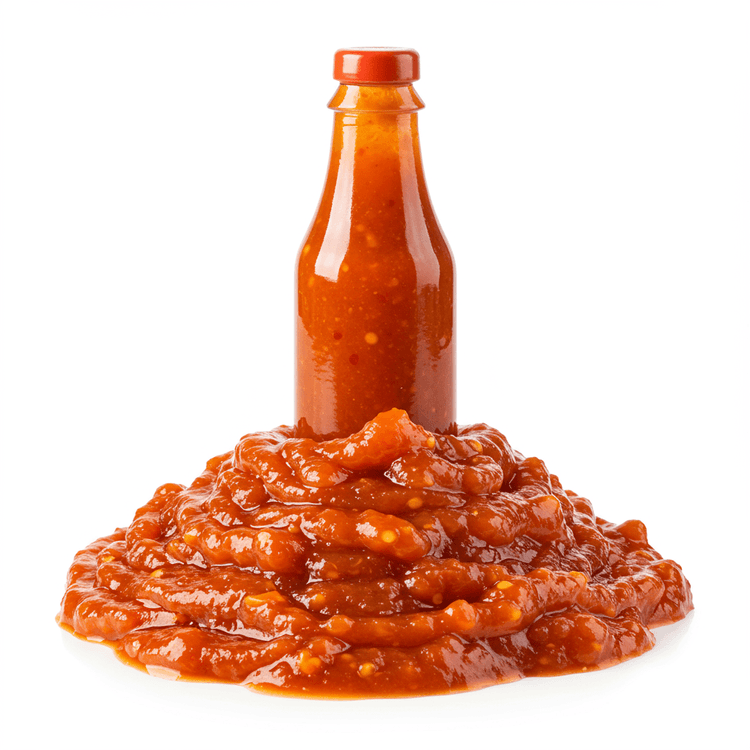
Hot Sauce
Hot sauce is a fiery condiment crafted from chili peppers, vinegar, and often a blend of spices and salt. Its flavor profile ranges from subtly warm to intensely spicy, depending on the type of chili peppers used, such as jalapeños, habaneros, or ghost peppers. The texture can vary from thin and watery to thick and pulpy. Hot sauce typically adds a vibrant red, orange, or even brown hue to dishes, enhancing both the flavor and visual appeal. Discover the best hot sauce options for your next meal, whether you need a mild kick or extreme heat.
Common Uses
- Add a dash of hot sauce to eggs (scrambled, fried, or omelets) to introduce a spicy kick and enhance the overall flavor profile of the breakfast dish. Experiment with different levels of heat to suit your preference.
- Mix hot sauce into marinades for chicken, beef, or pork to impart a flavorful heat that permeates the meat during cooking, resulting in a deliciously spicy and tender protein.
- Stir hot sauce into soups, stews, and chili recipes to increase the depth of flavor and bring a welcome warmth. Start with a small amount and gradually add more to reach your desired spice level.
- Drizzle hot sauce over tacos, burritos, and quesadillas for an extra layer of flavor and heat that complements the other ingredients. This is a quick and easy way to customize the spice level of your favorite Mexican-inspired meals.
- Blend hot sauce into dips such as guacamole, queso, or hummus to introduce a spicy and zesty twist to these popular appetizers. This is a great way to elevate the flavor and make them more exciting.
- Mix hot sauce with butter or mayonnaise to create flavorful spreads for sandwiches, burgers, or grilled corn on the cob, adding a zesty and spicy element to everyday dishes.
Health Benefits
- May boost metabolism due to capsaicin content, potentially aiding in weight management.
- Could reduce inflammation due to capsaicin's anti-inflammatory properties.
- May act as a natural pain reliever by desensitizing pain receptors.
- Some studies suggest capsaicin may have cardiovascular benefits, such as improving blood vessel function.
- Can act as a prebiotic, promoting a healthy gut microbiome.
Substitutes
Chefadora AI is here.
Experience smarter, stress-free cooking.
Storage Tips
Unopened hot sauce can typically be stored in a cool, dark place like a pantry or cupboard at room temperature for an extended period (often several years). Once opened, it's best to refrigerate hot sauce to maintain its flavor and prevent potential spoilage, especially for hotter varieties or those without vinegar as a primary ingredient. Refrigeration can help extend its shelf life to several months or even longer. Pay attention to any changes in color, odor, or texture, which could indicate spoilage. Always use a clean utensil when dispensing hot sauce to prevent contamination.
Marnirni-apinthi Building, Lot Fourteen,
North Terrace, Adelaide, South Australia, 5000
Australia
